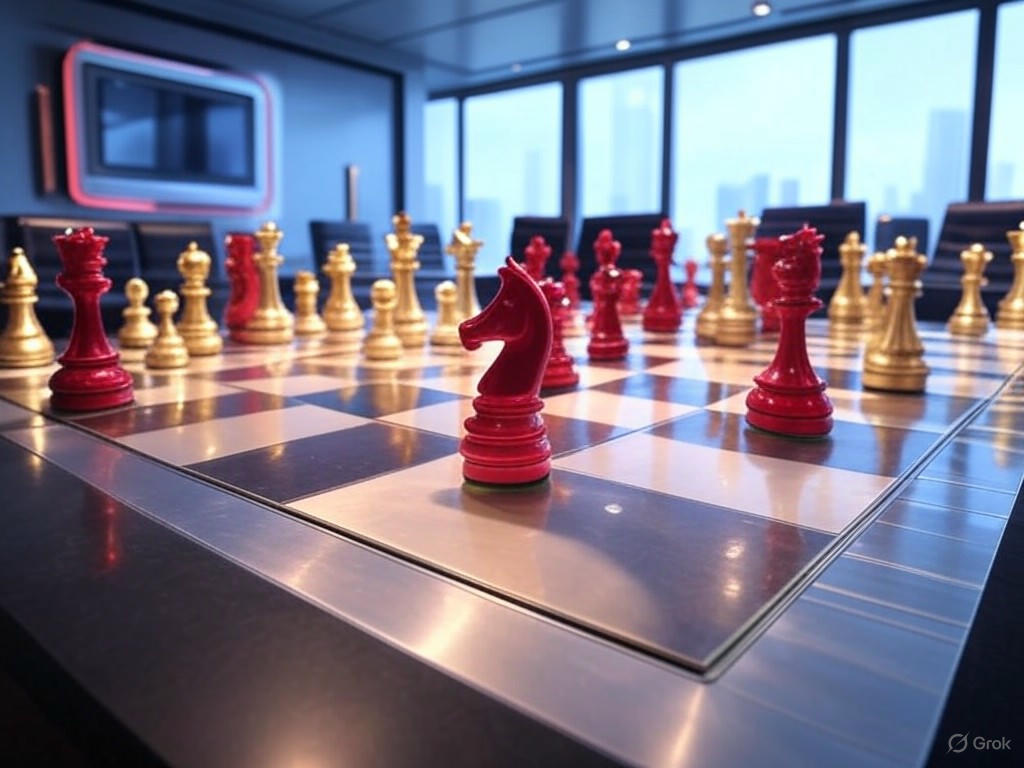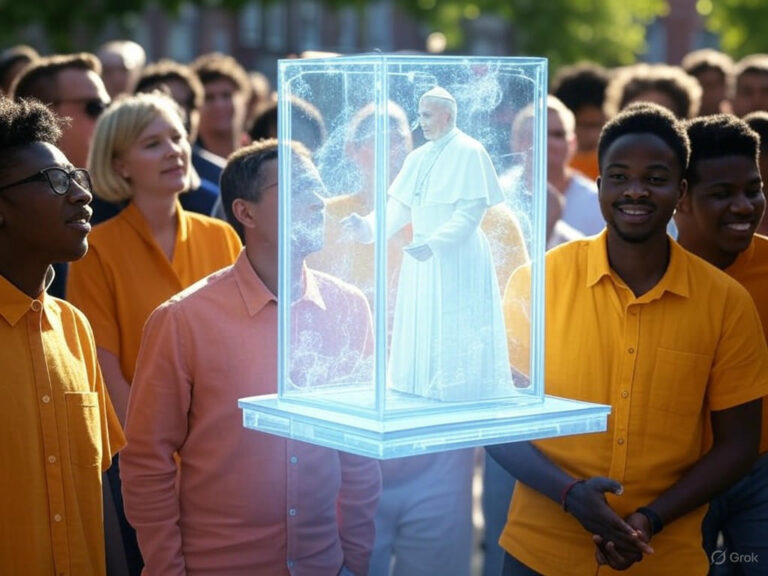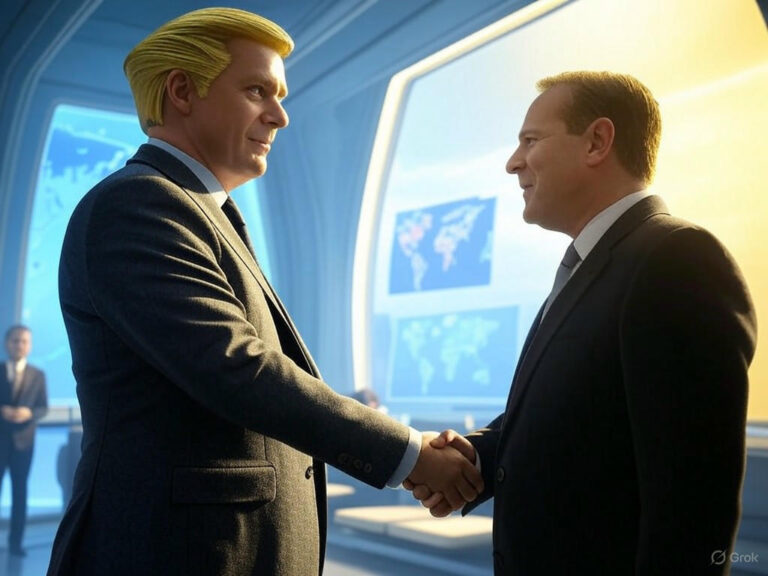
Mike Waltz Demotion: Setback for US Defence Hawks
A Brief Overview
The Mike Waltz demotion has stirred up debates in Washington, marking a sudden shift in the Trump administration’s power dynamics. As a key figure among US defense hawks, Waltz’s move from National Security Adviser to a nomination for UN ambassador raises questions about future US strategies against global adversaries like China and Russia. This change isn’t just about one person; it’s a potential pivot that could alter how America projects its strength on the world stage.
Background: Mike Waltz’s Rise and Unexpected Shift
Mike Waltz, a retired Army Green Beret turned congressman, quickly became a cornerstone of national security under Trump. His hawkish views resonated with US defense hawks, emphasizing military readiness and a tough stance on threats from Iran to China. But what led to the Mike Waltz demotion? Internal frictions within the White House played a big role, highlighting how even strong leaders can face setbacks.
Have you ever wondered how quickly political alliances can shift? For Waltz, his ascent was fueled by his experience in special operations and his push for bolder defense policies, but recent events exposed vulnerabilities.
Key Events Leading to the Mike Waltz Demotion
- Reports indicate that Waltz lost backing from top officials, including Chief of Staff Susie Wiles, who cut off communications amid growing distrust.
- A major misstep involved sensitive military discussions that were inadvertently leaked to the media, eroding his credibility and accelerating the Mike Waltz demotion process.
- Despite initial public support from President Trump, internal debates over handling classified info ultimately tipped the scales.
This sequence of events serves as a reminder that in high-stakes environments, one error can reshape careers. For US defense hawks, it underscores the need for airtight communication strategies to maintain influence.
The Strategic Reasons Behind Trump’s Move
President Trump’s decision to nominate Waltz as US ambassador to the United Nations was a calculated step, addressing both internal conflicts and diplomatic needs. This “golden demotion” keeps Waltz’s expertise in play while sidestepping the intense pressures of the National Security Council. It’s a prime example of how administrations balance loyalty with operational efficiency.
Imagine a chess game where you reposition a key piece to protect the king— that’s essentially what happened here, allowing Trump to refresh his team without losing talent.
Who Steps in After the Mike Waltz Demotion?
- Senator Marco Rubio has taken over as interim head, bringing a blend of assertiveness and diplomacy that could steer the council in new directions.
- Within GOP circles, there’s quiet concern that the Mike Waltz demotion means losing a vocal advocate for aggressive defense postures, potentially softening US responses to global challenges.
If you’re tracking US policy, this transition might prompt you to watch how Rubio’s approach evolves—could it maintain the hawkish edge or introduce more nuance?
Why the Mike Waltz Demotion Hits Defense Hawks Hard
The Mike Waltz demotion represents a blow to US defense hawks who thrived on his unyielding approach to national security. Known for prioritizing military aid and deterrence, Waltz’s strategies were central to countering threats from major powers. Without his direct influence, there’s worry that policies might lose their edge.
For instance, Waltz championed initiatives like increased defense budgets, which helped bolster US capabilities against China. Now, defense hawks are left wondering if his departure will dilute these efforts.
Top Concerns in the Wake of Mike Waltz’s Demotion
- A key loss could be the push for military packages that support allies in tense regions, a hallmark of Waltz’s tenure.
- Some fear a less confrontational NSC leader might ease pressure on adversaries, risking US security in the process.
- Shifts in leadership style could disrupt policy continuity, making it harder to adapt to evolving threats—something every defense expert should consider.
What are your thoughts on the Mike Waltz demotion? Could this open doors for fresher ideas, or does it risk weakening America’s stance?
Broader Implications for US Security and Policy
Timing is everything in politics, and the Mike Waltz demotion comes amid rising tensions, from Middle East conflicts to standoffs with China. Waltz’s style, often bold and proactive, energized debates but also created friction. With Rubio now leading, expect a potentially more balanced strategy that still packs a punch.
A hypothetical scenario: If a crisis erupts in the South China Sea, how might the post-Mike Waltz demotion NSC respond compared to before? It could mean more diplomatic outreach alongside military readiness.
The Future of US Engagement at the UN Post-Demotion
If confirmed, Waltz’s role as UN ambassador will shift his focus to multilateral forums, where his defense background could strengthen US positions on sanctions and security. Yet, it’s a step back from the direct policymaking that defined his NSC days.
This change might encourage US defense hawks to adapt by building broader coalitions, turning potential setbacks into opportunities for innovation.
Reflecting on Waltz’s Legacy: Wins and Challenges
Mike Waltz’s time in national security was marked by significant achievements, like driving military modernization and forging bipartisan support for defense spending. But controversies, such as leaked information, added layers of complexity to his story.
On the positive side, his advocacy for a strong China policy helped shape current strategies. Conversely, the Mike Waltz demotion stemmed from internal clashes that highlighted the risks of bold leadership.
A Comparative Look at Key Figures
| Name | Role | Policy Style |
|---|---|---|
| Mike Waltz | Nominated UN Ambassador | Hawkish, focused on direct confrontation with threats |
| Marco Rubio | Interim NSC Head | Assertive yet diplomatic, blending toughness with negotiation |
| Susie Wiles | White House Chief of Staff | Pragmatic, emphasizing team unity and efficiency |
| Donald Trump | President | Decisive, prioritizing adaptability and loyalty |
This table illustrates how the Mike Waltz demotion fits into a larger puzzle, showing how different styles might influence future decisions.
Reactions and What’s Next
Capitol Hill Republicans have voiced disappointment over the Mike Waltz demotion, praising his effectiveness against US rivals. Analysts suggest this could signal a recalibration in foreign policy, with Waltz’s new post keeping him relevant but less central.
For those following these developments, it’s a chance to reflect: How might this affect upcoming security debates? Staying informed could help you anticipate changes.
Looking Ahead After the Demotion
- Confirmation hearings for Waltz’s UN role will likely dive into his record, offering insights into evolving US strategies.
- Rubio’s early actions as NSC leader could either stabilize or stir more uncertainty among defense hawks.
- Long-term, the administration might need to blend continuity with innovation to stay strong on the global stage.
One tip for readers: If you’re passionate about national security, consider engaging with policy discussions online to stay ahead of shifts like the Mike Waltz demotion.
Wrapping Up: A Turning Point
The Mike Waltz demotion underscores a critical juncture for US defense hawks and the broader security landscape. While his move to the UN preserves his influence, it may prompt adjustments in how America tackles threats. As things unfold, keeping an eye on these changes could reveal new paths forward.
What’s your take—do you see this as a minor reshuffle or a deeper shift? We’d love to hear your views in the comments below. Feel free to share this post or explore more on US foreign policy for deeper insights.
References
Mike Waltz demotion, US defense hawks, National Security Council, Trump administration, UN ambassador, national security strategy, Mike Waltz reassignment, defense policy shifts, Republican foreign policy, global threats







